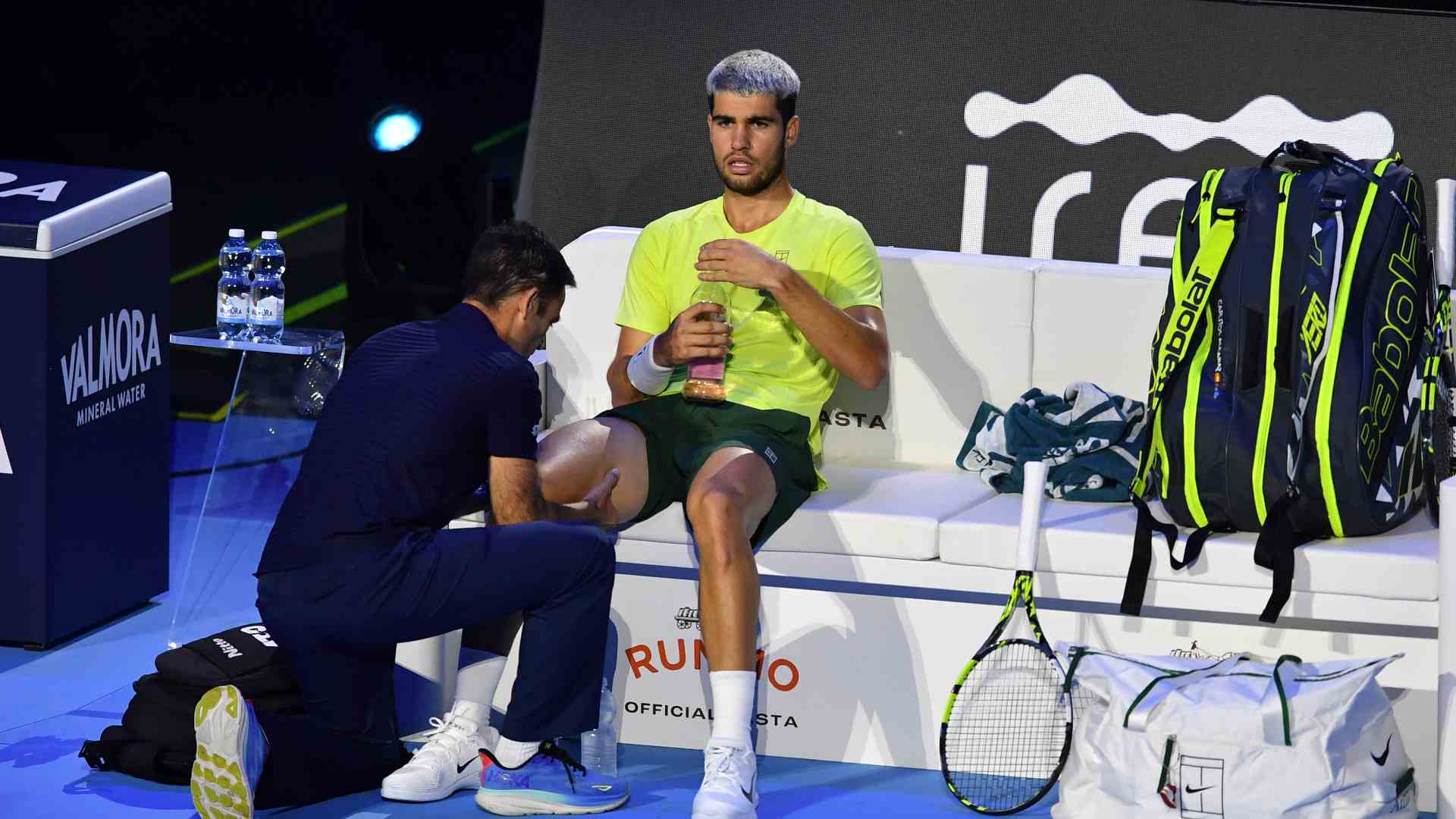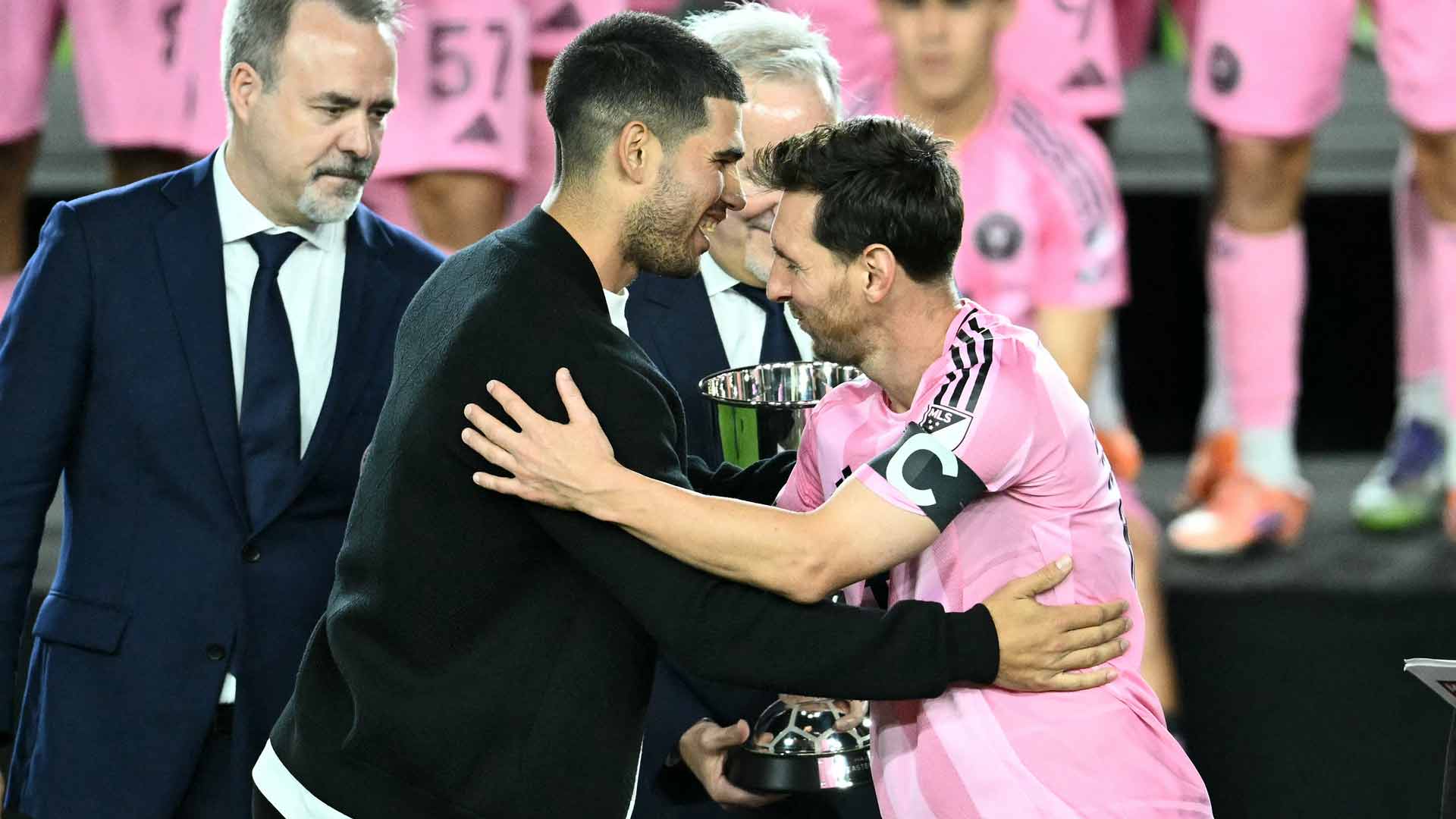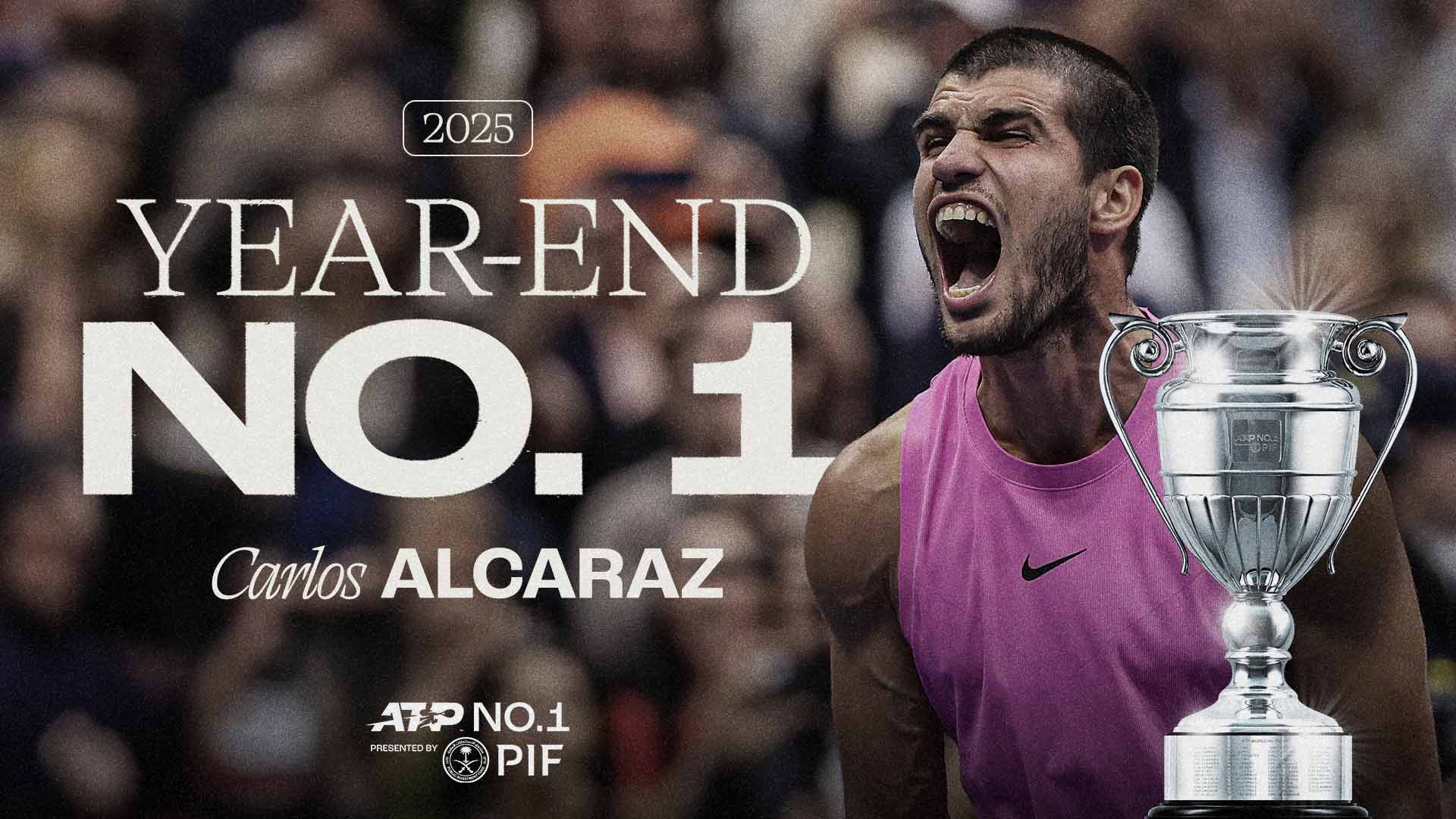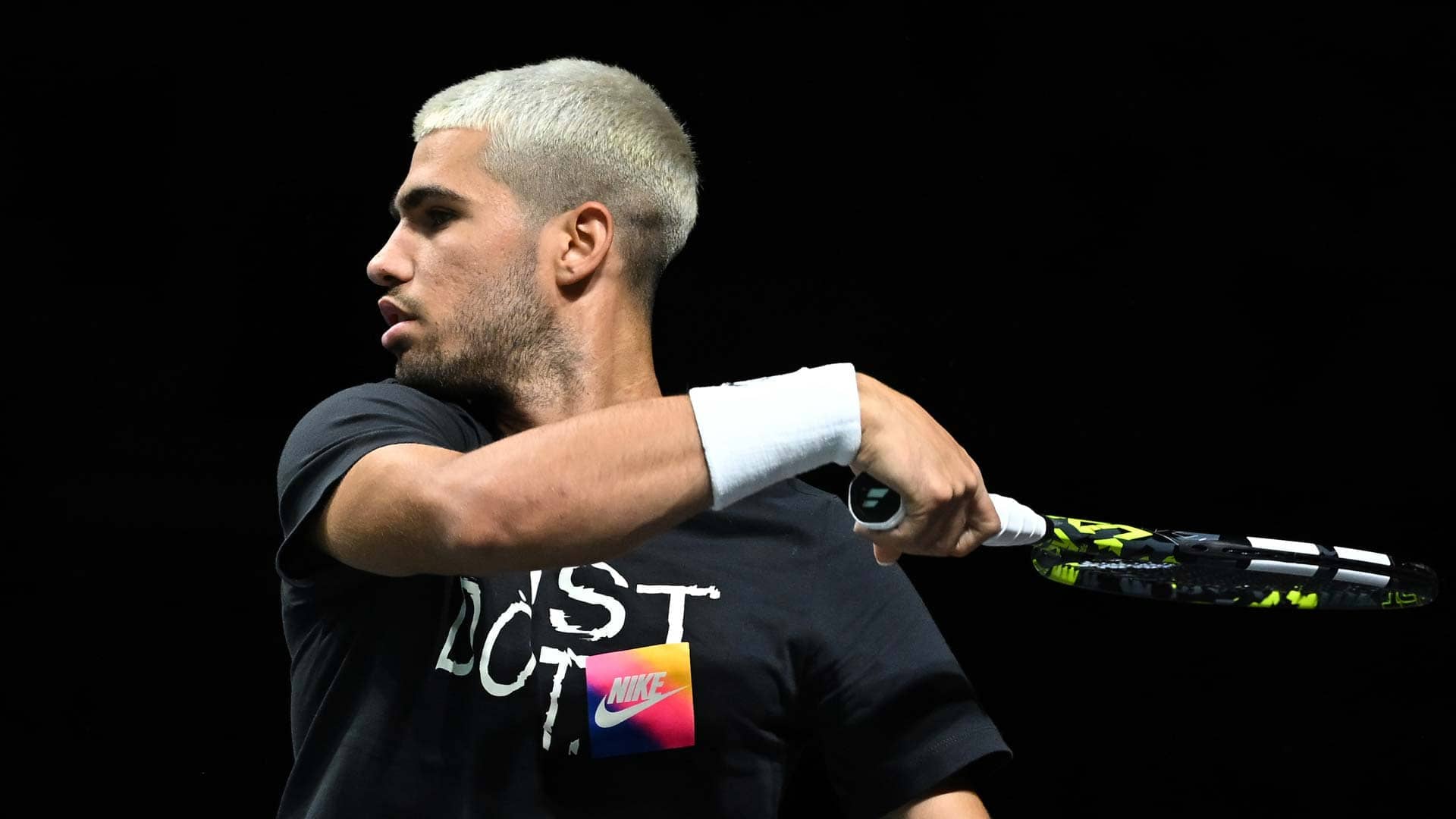Alcaraz’s hamstring strain dims Spain’s Davis Cup fire
Carlos Alcaraz bows out of the Final 8 with injury woes, leaving Spain to confront Czechia’s rising stars on Bologna’s unforgiving courts and test the depth of national resolve.

In Bologna’s echoing PalaDozza, the Davis Cup Final 8 stirs with the hum of anticipation, but Spain’s quarter-final against Czechia on November 20 arrives shadowed by absence. Carlos Alcaraz, the world No. 1 whose season blazed with 71 victories and eight titles, has withdrawn due to edema in his right hamstring, a nagging issue that surfaced during his Nitto ATP Finals title match loss to Jannik Sinner. The prodigy, who split the four majors with his rival and holds a 10-6 head-to-head edge—including four wins in their six finals this year—now heads home, his explosive inside-out forehands and relentless retrieval silenced for the tie.
Finals strain exposes season’s hidden costs
Alcaraz summoned a medical timeout in the Turin decider against Sinner, strapping the leg amid a tense 6-4, 7-5 battle where every crosscourt exchange tested his mobility. He arrived in Italy on Monday for tests that confirmed the injury’s bite, prompting the reluctant pullout to safeguard his future. This caps a year of tactical mastery, from clay-court one–two punches that pinned opponents deep to hard-court adaptations blending slice defenses with down-the-line winners, yet the cumulative grind—leading the ATP Win/Loss Index—reveals the toll on a 22-year-old frame pushed to prodigious limits.
The psychological weight lingers in the air, where Alcaraz‘s absence strips Spain of its heartbeat, forcing a shift from individual brilliance to collective endurance on indoor hard courts that reward quick transitions and flat serves. Captain David Ferrer draws on his own legacy of gritty finals to rally the squad, emphasizing deeper returns to disrupt serve patterns and underspin lobs to buy time against aggressive returns. As the team recalibrates, the crowd’s rising murmur hints at an underdog surge, channeling the star’s fire into unified play.
“I am very sorry to announce that I will not be able to play with Spain in the Davis Cup in Bologna,” Alcaraz wrote on X on Tuesday morning. “I have edema in my right hamstring and the medical recommendation is not to compete. I have always said that playing for Spain is the greatest thing there is and I was really looking forward to helping fight for the Salad Bowl [trophy]. I am going home hurt…”
Siento muchísimo anunciar que no voy a poder jugar con España la Copa Davis en Bolonia… Tengo un edema en el isquiotibial de la pierna derecha y la recomendación médica es no competir. Siempre he dicho que jugar por España es lo más grande que hay y me hacía mucha ilusión… pic.twitter.com/ftWvwGUYcu
— Carlos Alcaraz (@carlosalcaraz) November 18, 2025
Ferrer’s lineup pivots to team resilience
Without Alcaraz’s topspin-heavy baseline dominance, Spain turns to Jaume Munar, Pedro Martinez, and Pablo Carreno Busta, each bringing tools honed for pressure ties. Munar’s steady grinding from the backcourt, laced with crosscourt passes, could blunt early aggression, while Martinez’s precise slice variations neutralize big serves in extended rallies. Carreno Busta, the veteran steadying force, deploys flat backhands to carve neutral zones, setting up inside-in forehands that echo the absent leader’s precision on this low-bounce surface.
The indoor setup amplifies tactical demands, where 1–2 patterns from the Czech side might exploit short balls, but Spain’s doubles depth offers flexibility if singles fatigue creeps in. Ferrer paces the sidelines, urging volleys at net to pressure returners and turn defense into counterattacks, transforming potential voids into opportunities for rediscovered rhythm. The 10 a.m. CET start on Thursday pulses with this rebuilt energy, the arena’s lights casting long shadows over a squad determined to honor their nation’s call.
Czechia’s youth challenges Spanish depth
Across the net, Czechia arrives powered by Jiri Lehecka and Jakub Mensik, whose booming serves and whipping backhands disrupt on fast tracks. Lehecka’s inside-in forehands boom down the line after wide serves, while Mensik’s one-handed counters slice crosscourt from stretched positions, evoking the fresh threats Alcaraz once dismantled with speed and spin. This matchup tests Spain’s adaptations, where deeper positioning might absorb the pace and invite errors in prolonged points.
The winner advances to face either Argentina or Germany in the semis, a path steepened by the No. 1’s void but ripe for a narrative of defiance. As Bologna’s crowd roars, Spain’s resolve—forged in Alcaraz’s shadow—hints at an upset brewing, where team grit could reclaim the Salad Bowl’s gleam and extend the season’s defiant beat.


